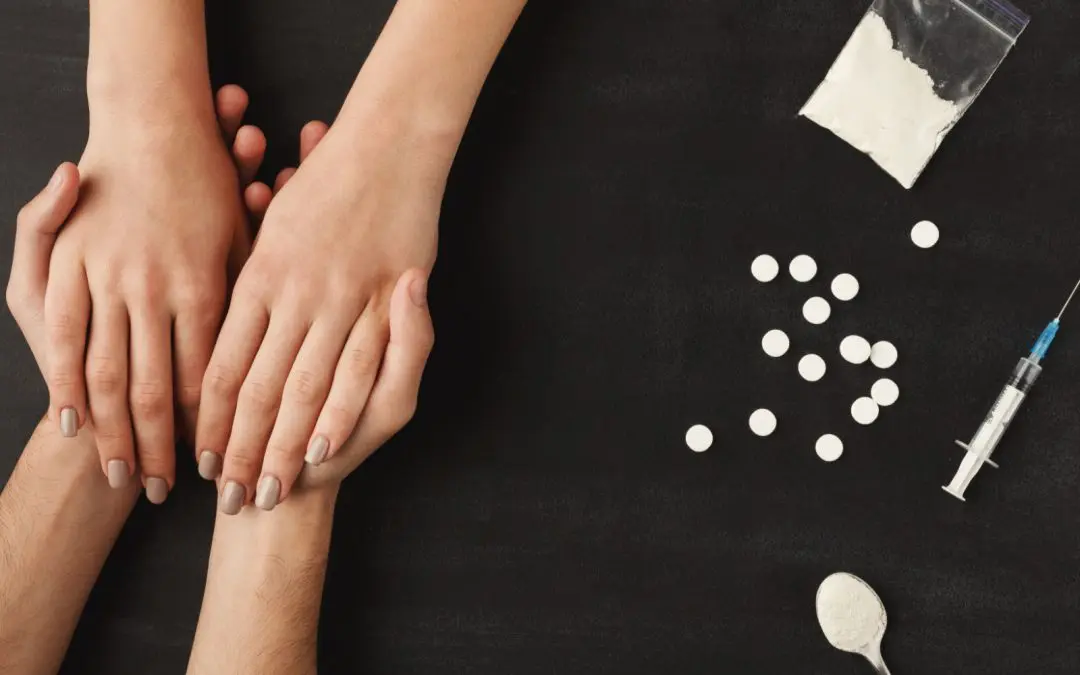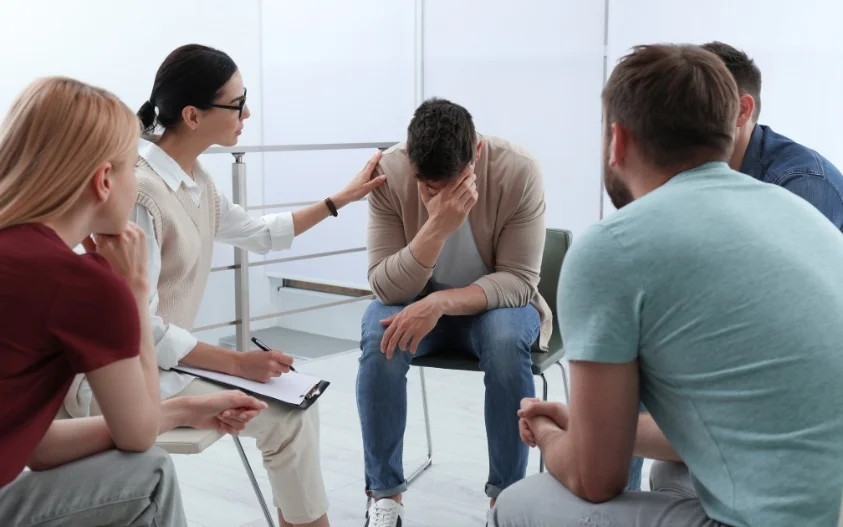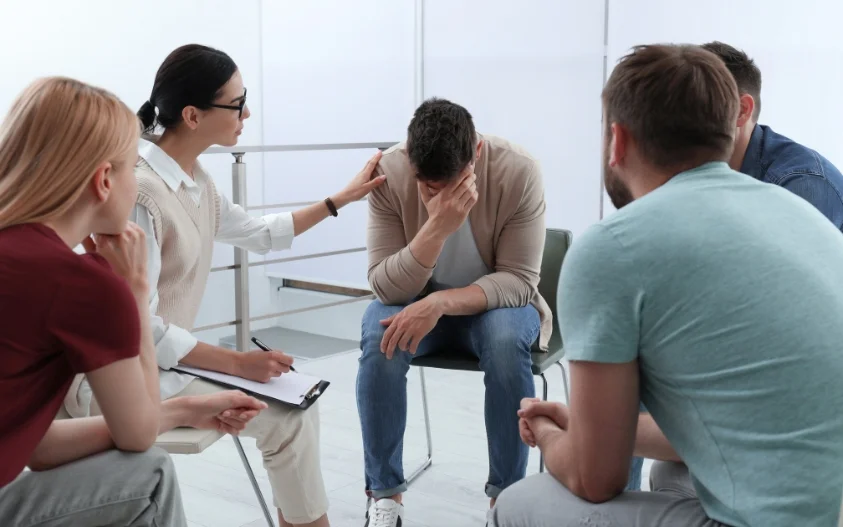24/7 Helpline:
(866) 899-221924/7 Helpline:
(866) 899-2219
Learn more about PTSD Treatment centers in Jetersville
PTSD Treatment in Other Cities

Other Insurance Options

Holman Group

MHNNet Behavioral Health

AllWell

Sutter

ComPsych

Group Health Incorporated

CareFirst

PHCS Network

Kaiser Permanente

Multiplan

Absolute Total Care

Cigna

Oxford

Lucent

Medical Mutual of Ohio

Health Choice

Highmark

BlueCross

Horizon Healthcare Service

Regence











